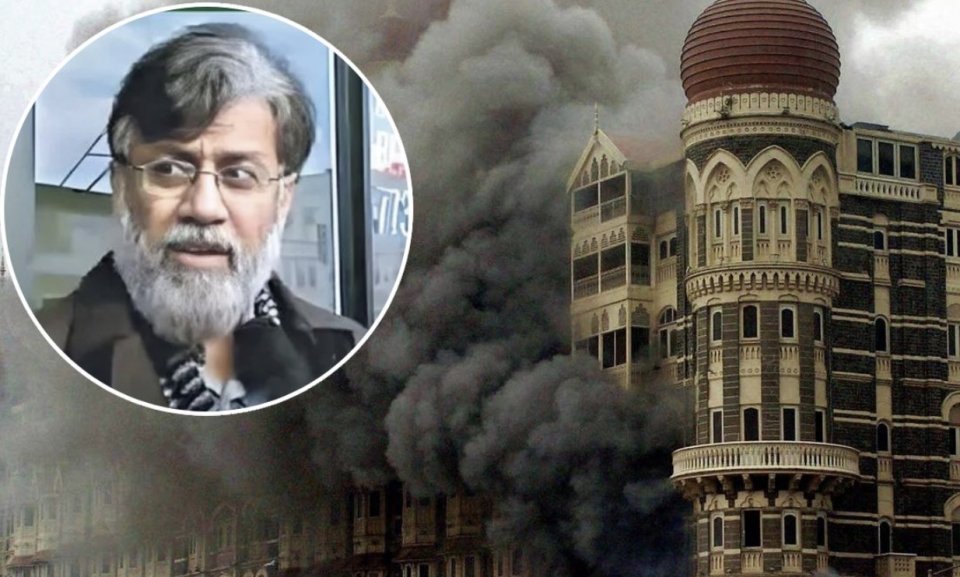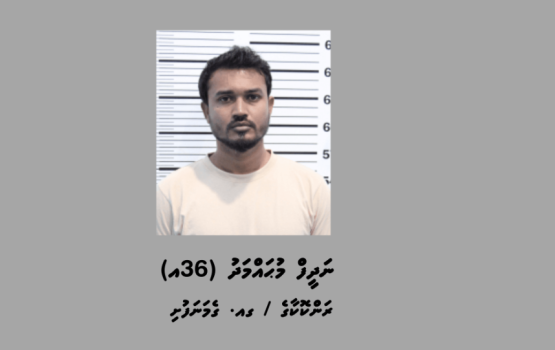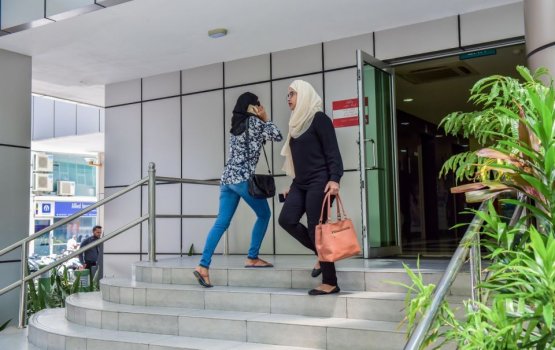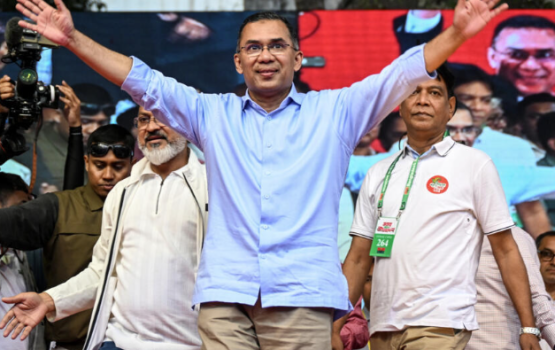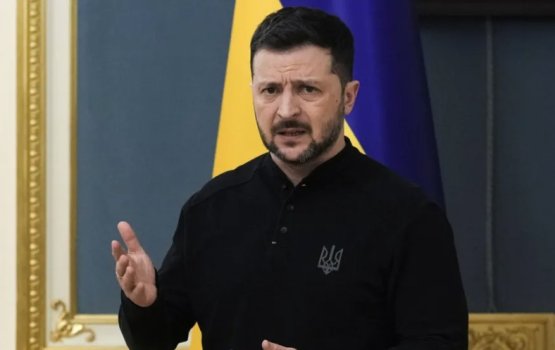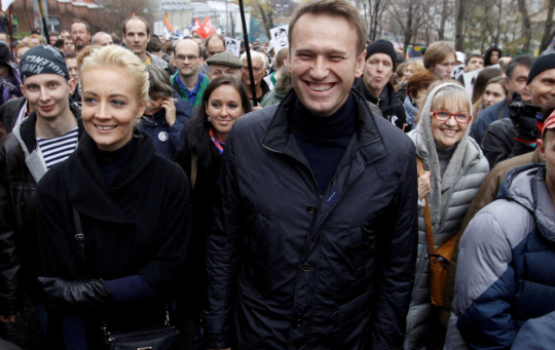After a protracted legal battle in the United States, Tahawwur Rana, one of the key accused in the 2008 Mumbai terror attacks, was extradited to India on Thursday evening. Rana, who faces multiple charges related to the attacks, arrived in Delhi on a special flight from the US and was immediately arrested by the National Investigation Agency (NIA).
The 64-year-old Canadian national of Pakistani descent was flown into Palam Technical Airport around 6:30 pm. The NIA confirmed his arrival and arrest shortly after he disembarked from the plane. The agency’s statement noted that Rana, who had been residing in Chicago, was taken into custody after completing the necessary legal procedures.
With heightened security in place, including bulletproof convoys and armed commandos, Rana was swiftly transported to the NIA headquarters for further questioning. A high-security cell has been prepared for him at Tihar Jail, where he will remain during the course of his trial. The NIA has indicated that Rana will be presented before a Delhi court later today.
Key Points on Rana’s Extradition and Arrest:
- Extradition Success: The extradition of Rana marks a significant legal and diplomatic victory for India in its ongoing pursuit of justice for the 26/11 attacks, which claimed 166 lives.
- Transport Details: Rana was escorted to India on a special Gulfstream G550 jet hired from a charter service in Vienna. The flight took off from the US on Wednesday, with a brief stop in Bucharest, Romania, before continuing to Delhi.
- High-Security Measures: Upon arrival, Rana was escorted by teams from the National Security Guard (NSG) and NIA. Bulletproof vehicles were deployed for his transport, ensuring maximum security.
- Charges Faced: Rana faces serious charges including criminal conspiracy, waging war against India, murder, and violations under the Unlawful Activities (Prevention) Act. He is also accused of providing logistical and financial support for the terror attacks, alongside co-conspirator David Coleman Headley.
- Trial in Delhi: Rana’s trial will be held in Delhi, where the case will be heard in a special NIA court. This marks a change from the initial proceedings, which were expected to take place in Mumbai. Dayan Krishnan, a senior criminal lawyer, will likely lead the prosecution team.
- Special Protections: As part of the extradition agreement with the US, India has assured that Rana will not be subjected to torture, will be kept in a secure environment in prison, and will only be tried for the charges related to the 26/11 attacks.
- Investigation Details: An interrogation cell has been set up at the NIA headquarters for Rana, with only a select group of investigators granted access. These include Sadanand Date (DG, NIA), Ashish Batra (IG), and Jaya Roy (DIG).
- Pre-Trial Preparations: Ahead of Rana's arrival, the Delhi court received the official trial records from the Mumbai attacks. The records were handed over to District Judge Vimal Kumar Yadav for review.
- Rana's Role in the Plot: Rana, a close associate of Headley, is accused of providing critical support for the 26/11 terror attacks. Headley, a US citizen, had testified that Rana helped organize logistics and provided financial backing for the operation.
- The 26/11 Attacks: On November 26, 2008, a group of 10 Pakistani terrorists carried out a coordinated attack across multiple locations in Mumbai, including a railway station, two luxury hotels, and a Jewish center. The nearly 60-hour siege left 166 dead and hundreds injured.
Rana’s extradition and arrest serve as a significant milestone in India’s ongoing efforts to hold those responsible for the deadly Mumbai attacks accountable.
(Reported by: Indiatoday)

